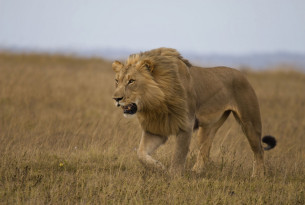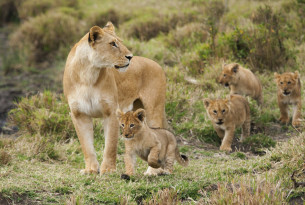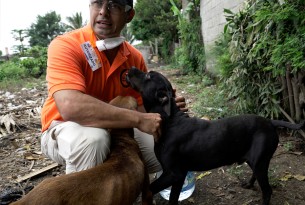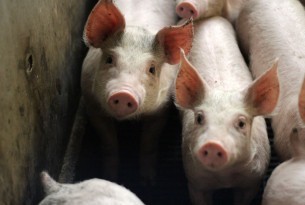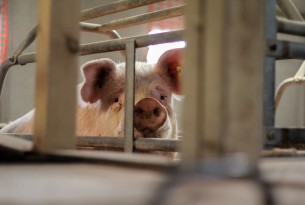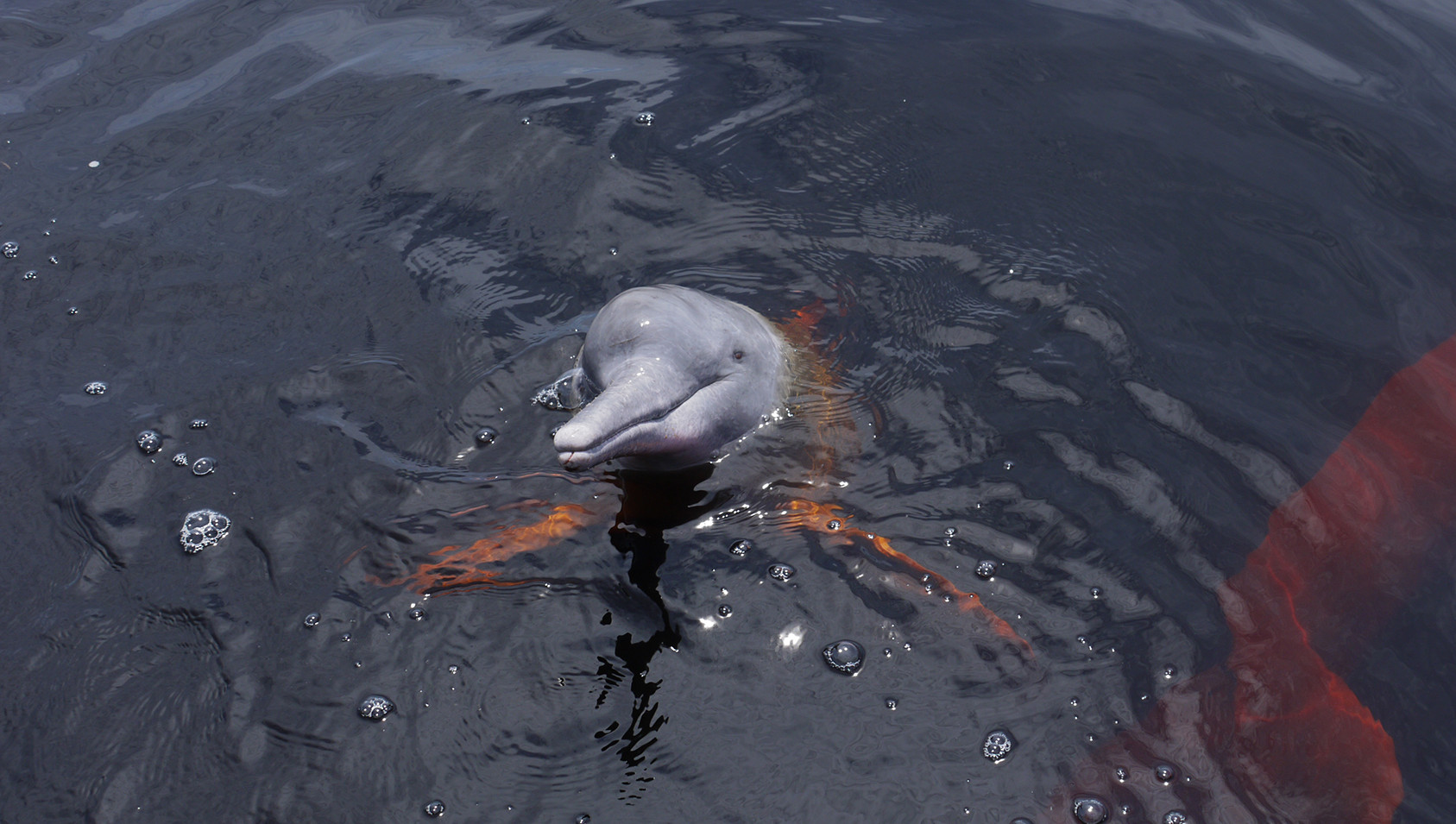
Amazon pink dolphin protection project is a powerful success
An estimated 1,600 Amazonian pink river dolphins (botos) have been protected from illegal hunting
Thanks to our fantastic supporters, our four-year project to stop Amazonian pink dolphins (botos) from being killed for fishing bait has accomplished the following:
- Prevented an estimated 1,600 botos from illegal hunting
- Assembled a team of 66 dedicated environmental agents to watch over botos in remote areas of the Amazon
- Inspired more than 5,200 students to talk to their friends and family of the importance of protecting botos
- Created 300,000 "Boto Guardians"
These are just some of the incredible milestones that continuous support has enabled us to achieve.
"The project is now complete and the journey has been so rewarding but it wasn't easy" says Roberto Vieto our wildlife campaigns manager.
“This issue involved international borders, law enforcement difficulties, conflict with fishermen and overcoming a negative perception of the boto dolphins due to legends and misperceptions.”
Building a movement
Roberto explains that persistence was key in getting people and governments behind dolphin protection and involved a step-by-step approach.
“To end the suffering of the dolphins and raise awareness of their plight we started a movement called the Boto Guardians" Roberto said.
"We did this through social media, national and local media campaigns and events. We asked concerned people to join our campaign and lobby their politicians for change. By September 2017 we had a 300,000-strong Boto Guardian force.”
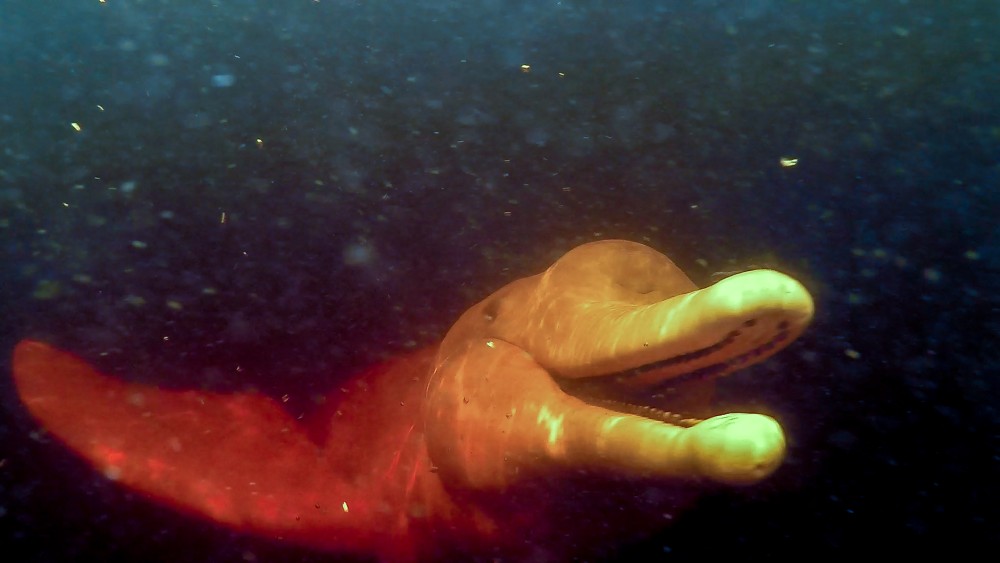
Underwater shot of a boto dolphin: World Animal Protection has been working with several communities that live on the Amazon River to protect the boto dolphins which are at risk from some traditional fishing practices.
“The fishing ban implemented in 2015 helped bring about a decline in catching and killing dolphins to use their flesh as bait to catch the fish in Brazil. But we still had work to do. Piracatinga were also popular in neighbouring Colombia and we needed a ban there too to increase protection. So we asked our Boto Guardians to help us petition the Colombian government to make it illegal to fish for or import piracatinga from Brazil. The ban finally became effective in August 2017” explains Roberto.
Overcoming superstition
Educating communities about boto protection had to be central to the campaign as local superstition was responsible for people seeing the dolphins as enemies rather than friends.
So to change the negative perceptions, we chose schools in two communities to champion them.
With continued support we trained more than 90 teachers from 48 schools in Uarini and Fonte Boa Municipalities in boto protection.
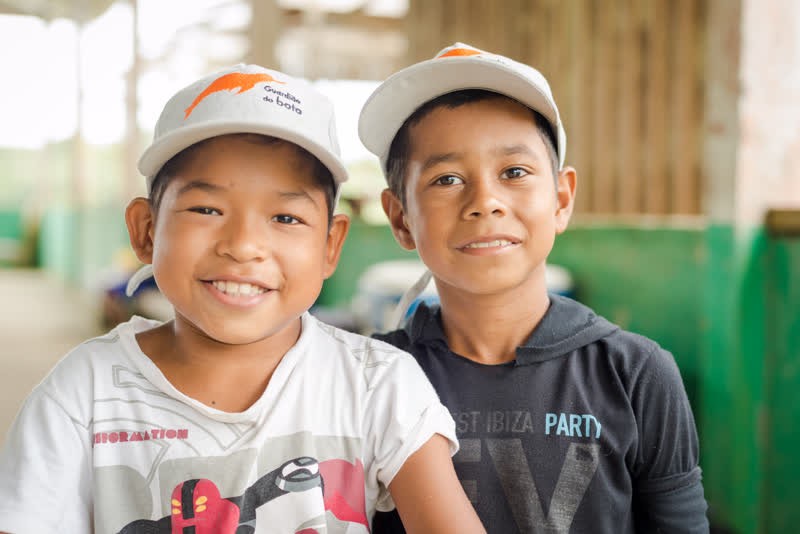
Young protectors: More than 5,200 children in two Amazon communities were educated about boto protection and have spread the message to their friends and families.
“We wanted students to become agents of change; to help their communities understand that dolphins are intelligent and capable of great suffering through mistreatment. The power of the young people in this region has been truly inspiring. Fishermen were looking at botos totally differently because of what their children were learning at school,” says Roberto.
We also joined Mamiraua Institute (an Amazon-based research organisation) to train more than 60 environmental volunteer agents.
Their mission is to work in the frontline of boto protection in the Amazon’s remotest regions.
Encouraging alternatives
Other projects included encouraging local people to develop humane, sustainable and commercially viable alternatives to piracatinga fishing.
These included responsible dolphin tourism, handicrafts and crop growing – all projects that we were able to show them had been successful elsewhere.
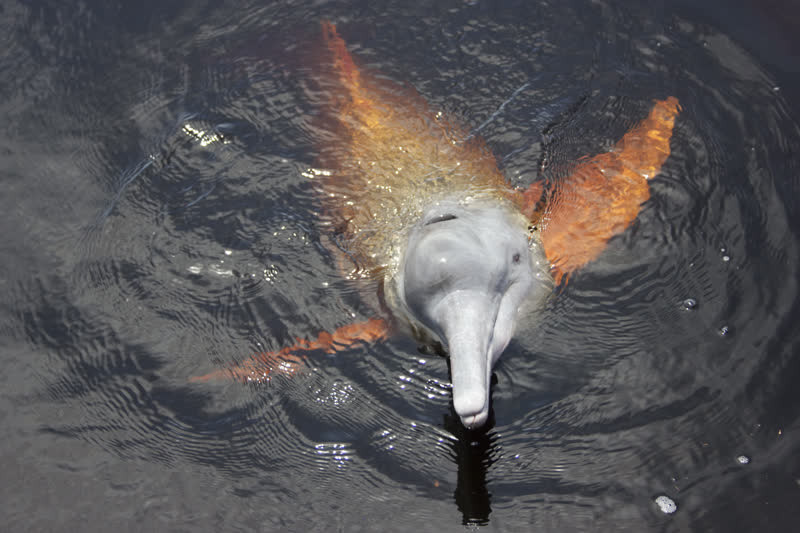
Safer waters: Botos – pink river dolphins – are better protected thanks to a four-year project you made possible.
“The investment our supporters made in this project has enabled great progress in such a short time. Thanks to them we have new fisheries regulations in South American countries, entire Amazon communities championing botos, local environmental agents, and more than 300,000 boto guardians. Boto dolphins are swimming more safely in the Amazon basin again” says Roberto.
Further reading: Colombia has banned the sale of piracatinga fish after our campaigning


